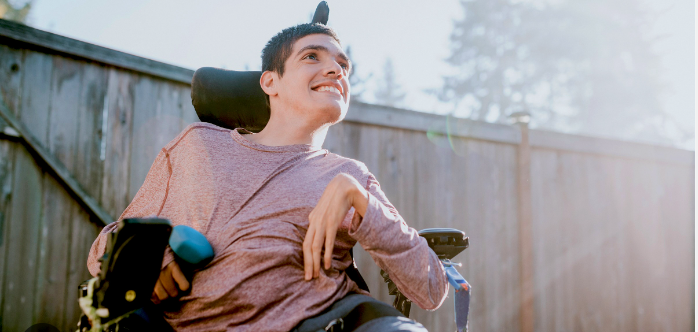
The National Disability Insurance Scheme (NDIS) has transformed the landscape of disability support in Australia, providing participants with more control over their care and support services. Among the various support types available, Supported Independent Living (SIL) plays a crucial role in helping participants live more independently. Ensuring the safety and well-being of participants in SIL settings is paramount. Here are some best practices for NDIS SIL providers to improve safeguarding for participants in their care.
Without the right level of training and assessment, how can NDIS SIL staff be equipped to care for participants with high levels of complexity and vulnerability? The first step to reducing preventable harm and increasing quality of life is to ensure:
- Training and assessment, and testing effectiveness of learnings; and
- Supervision of all frontline and operational management level staff.
Training and Assessment
In the first instance, of course, we need to meet the mandatory knowledge arising from the Core Module. The truly mandated subjects are:
- Complaints Handling or Management (note, the NDIS commission module does not deal with complaint handling properly)
- Incident Handling and Management and the difference between reportable and non-reportable incidents
- Disaster and Emergency responsibilities
- Manual Handling
- Infection control and the use of PPE
- Implementation of a Support Plan
- Basic Food Handling
- Handling Property and Money (if you handle a person’s money, either cash or debit card, at any time)
- Management of Waste (personal care, medication assistance)
- Assist with Medication (when reminding, assisting, or administering)
- Safe and Enjoyable Meals
- Mealtime Management (where identified)
- Handling Property and Money (if you handle a person’s money, either cash or debit card, at any time)
Where Behaviour Support Plans are in place:
- Positive Behaviour Support
- ABC Charts
Where a restrictive practice is prescribed:
- Behaviour Support Modules One, Two, and Three
- Recording and Reporting the Use of Restrictive Practice
The above-listed trainings are the minimum required knowledge areas for SIL providers. If you don’t have clients with a restrictive practice there is no mandated requirement to train staff about their obligations, however, it is the ethical and smart move to do so.
High-Intensity Personal Activity:
Quite frequently, the very nature of complexity can result in many SIL participants requiring one or more of the High-Intensity services (aka Module 1 services) and where this is the case, staff must be trained in the theory and practice of each activity. These activities are:
- Complex Bowel Care
- Urinary Catheter Care
- Wound Care
- Severe Dysphagia
- Ventilator Care
- Tracheostomy Care
- Enteral Feeding (PEG) Care
- Subcutaneous Injection
- Diabetes – Supporting People with Diabetes
Further Training Based on Participant Need
- Epilepsy Management
- Emergency Epilepsy Management
- Dementia Care
- Preventing Falls
- Mental Illness
- Autism
- Cerebral Palsy
Conclusion
Safeguarding participants in NDIS SIL settings is a continuous process that requires vigilance, compassion, and a commitment to best practices. By implementing comprehensive training, robust screening, person-centred planning, open communication, technological solutions, community connections, regular audits, and promoting advocacy, SIL providers can create safe and supportive environments where participants can thrive.
In doing so, providers not only comply with NDIS standards but also honour the trust placed in them by participants and their families, ensuring that those in their care are protected and empowered to lead fulfilling lives.
Written by Gina Ingrouille (Post Graduate Certificate Ageing and Disability) UniSA
Effective Policy and Compliance
Phone: 02 9055 8669 Email: [email protected]
